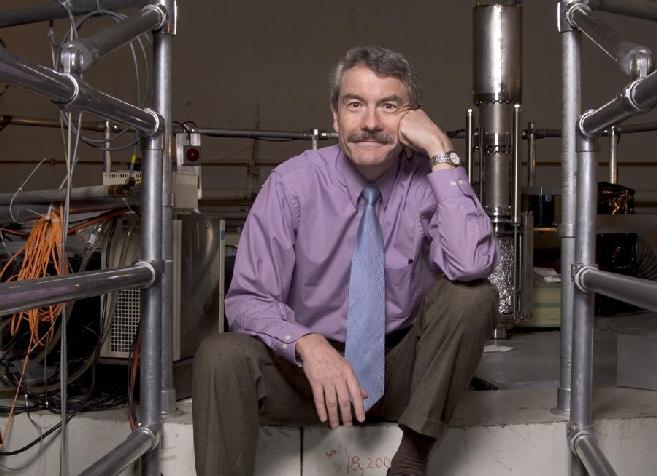
Plasma Science and Fusion Center at the Massachusetts Institute of Technology in
Cambridge, Massachusetts
(Image from the MIT website)
Here are some provocative thoughts from Ian Hutchinson, who is a professor of Nuclear Science and Engineering at the Massachusetts Institute of Technology (MIT), with a primary interest in plasma physics. These passages appear in Ian Hutchinson, Monopolizing Knowledge: A Scientist Refutes Religion-Denying, Reason-Destroying Scientism [Belmont, MA: Fias Publishing, 2011], 1-3):
Since discussions of evolution are so fraught with controversy, let me say again that I do not wish to be interpreted as arguing that Darwin’s theory is false. What I am arguing is that it is very different in character from most physical theories. Its explanations are not in the form of demonstrations of what must happen because of a law of nature, but more often that there could be a natural way that some observed fact of biology arose by natural selection. (102)
Again, the standard of explanation in evolution is all too often just that one can think up a plausible Darwinian history. (104)
Hutchinson cites a passage from Richard Dawkins, and then comments on it:
Religious believers are often charged with setting up theologies or cosmologies that are inherently incapable of being falsified. Being unfalsifiable is justifiably considered to be a significant philosophical weakness, at least for a theory that purports to have practical consequences. But here is one of Darwinism’s most passionate advocates apparently setting up the same sort of stance for Darwinism. (104)
Here, the passage is actually a quotation from Dawkins himself:
“My argument will be that Darwinism is the only known theory that is in principle capable of explaining certain aspects of life. If I am right it means that, even if there no actual evidence in favor of the Darwinian theory (there is, of course) we should still be justified in preferring it over all rival theories.” (105)
***
Finally, some items about moons and exoplanets:
“Zeroing In on ‘Baby’ Exoplanets to Discover How They Form”
















